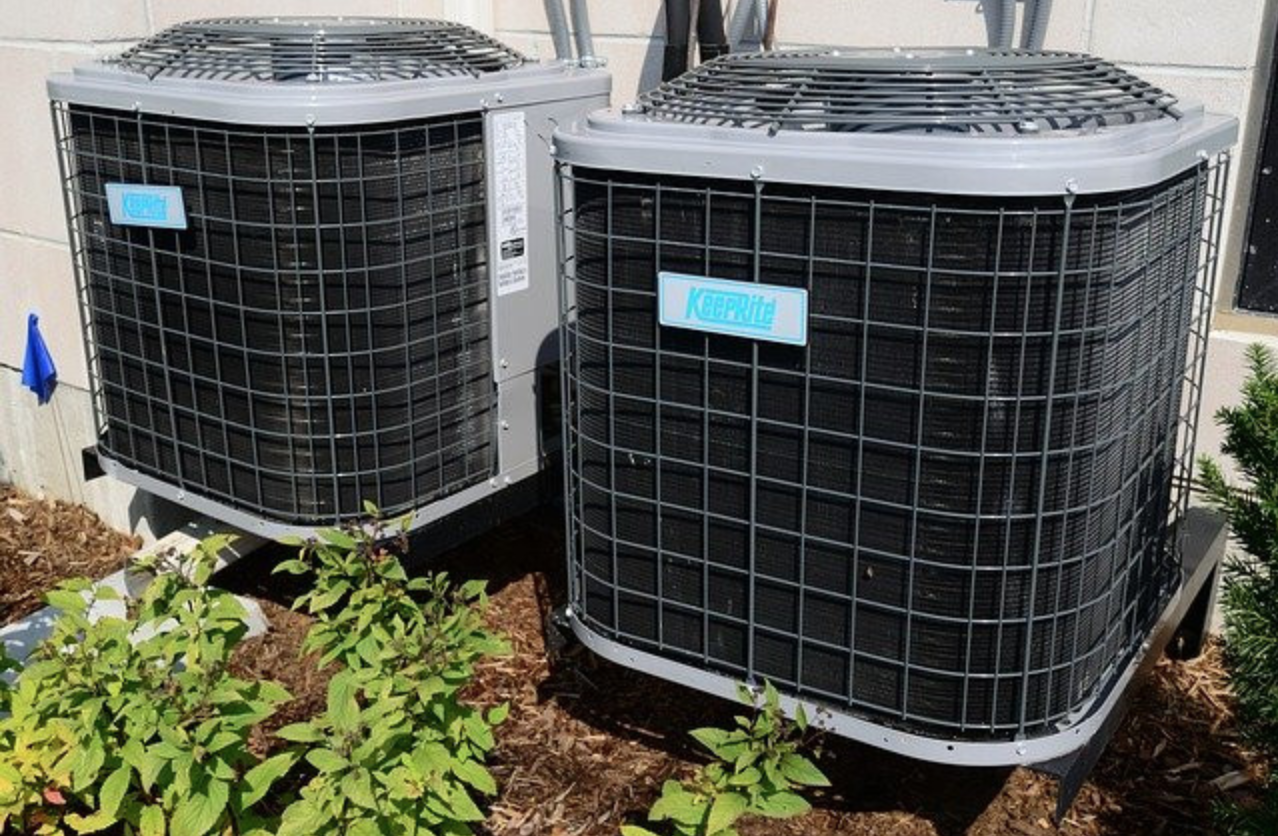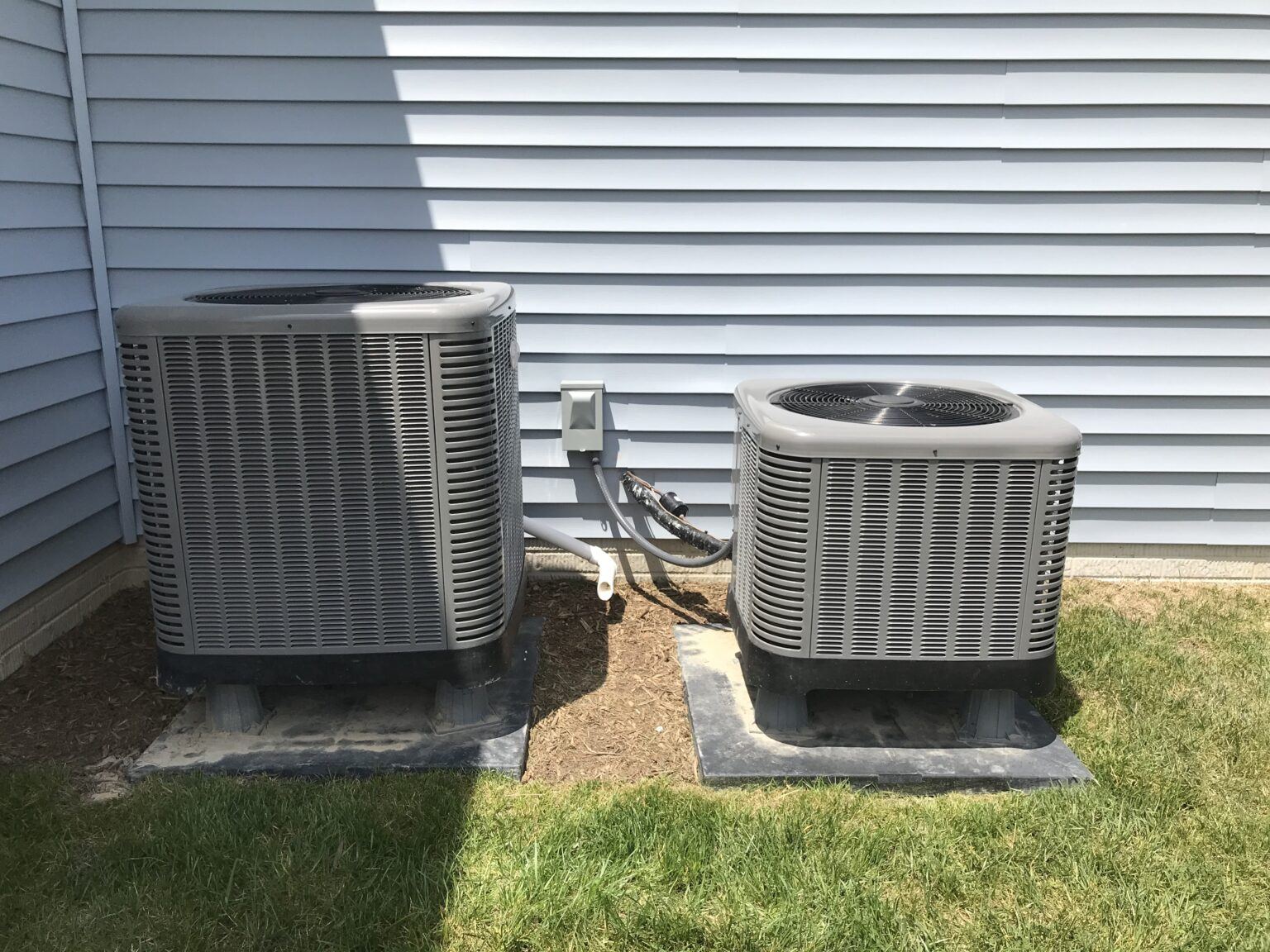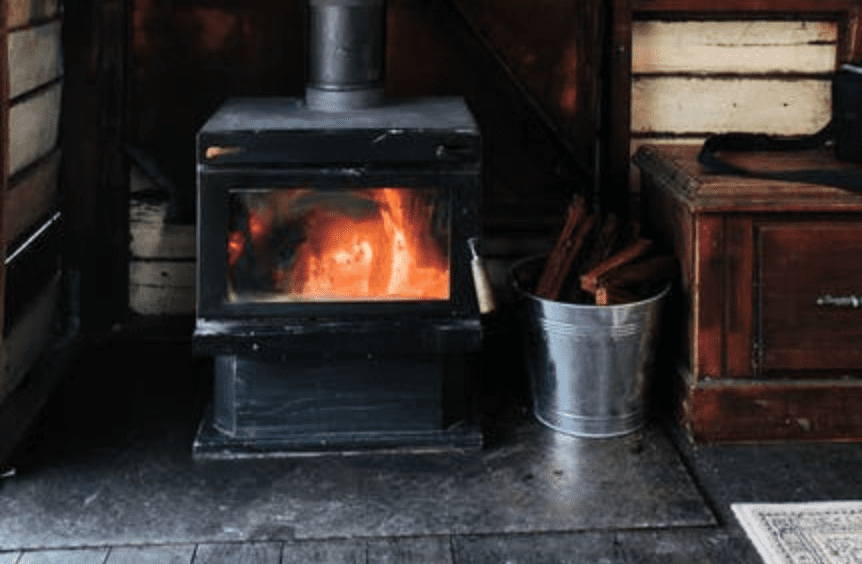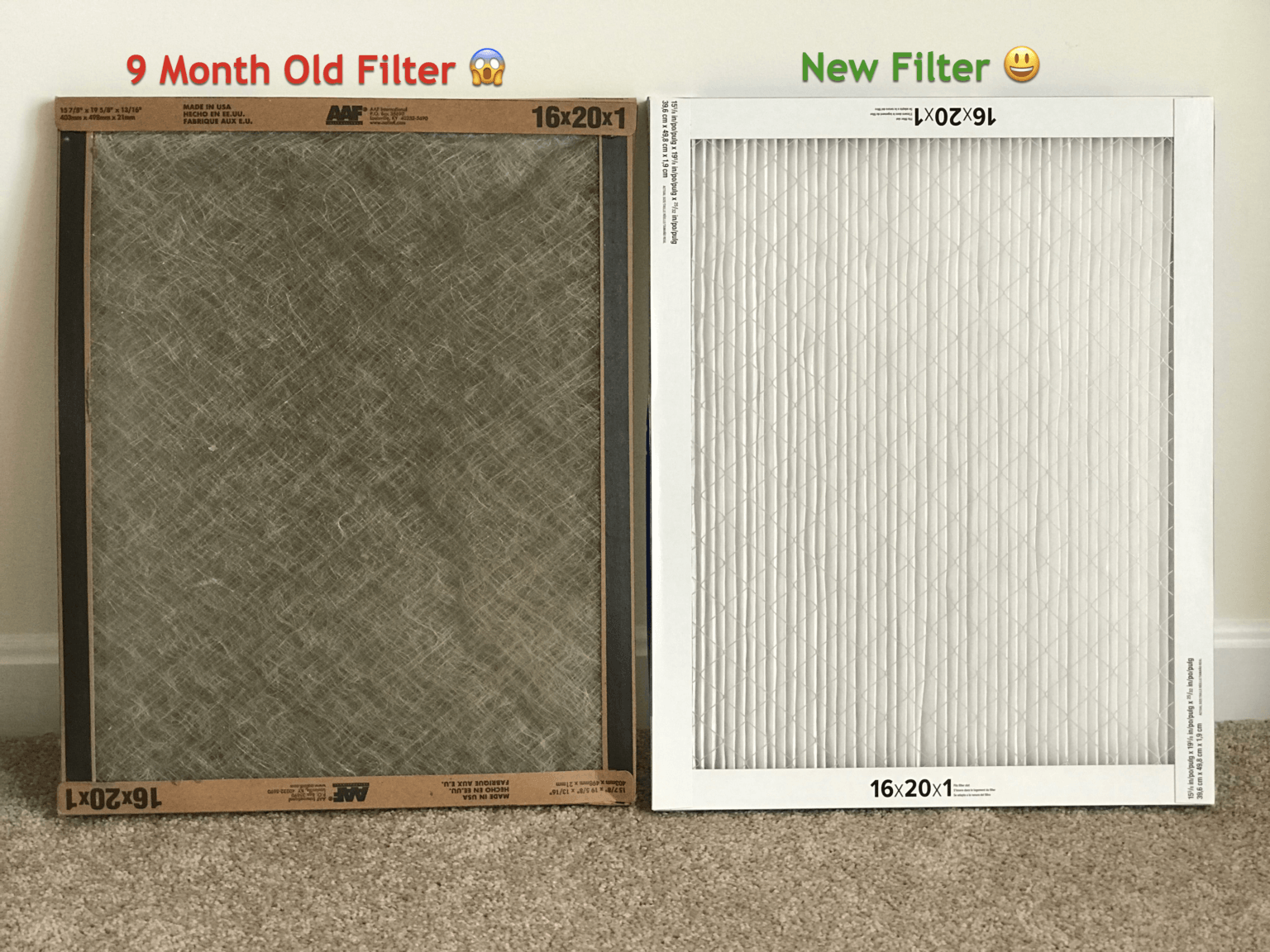Homeowners tend to forget the importance of having their HVAC system inspected regularly. They may think while everything works fine, there is no need to check. Unfortunately, skipping the periodic inspections, even with new homes like mine, can cause many problems.
Regular HVAC system inspections will reduce the chance of failures, extend the system lifespan, and reduce electricity bills. Inspections are also safety-related and can prevent fires or injuries. Regular maintenance will also eliminate expensive repairs in the long run.
I speak from personal experience when I say that many things could go wrong with your HVAC system even when it has been newly installed.
Let’s familiarize ourselves with the HVAC system to understand the importance of inspecting it and all the benefits of regular check-ups.
What is an HVAC System?
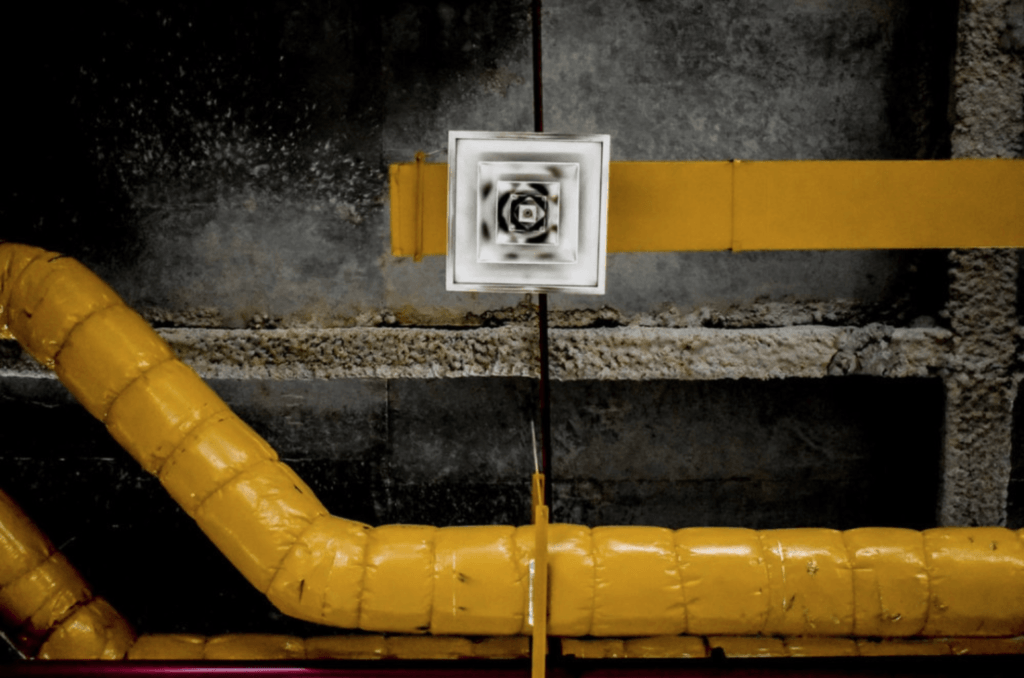
HVAC stands for Heating, Ventilation, and Air Conditioning.
All of the components of your home cooling and heating systems are part of your HVAC system. Depending on your setup, you may have AC units, furnaces, pumps, thermostats, vents, ducts, and much more. A dual heat pump may have additional parts.
Installing or repairing those systems can be quite expensive and complicated. Depending on home size, location of HVAC components, and the system age, you can expect a problem to appear sooner or later. That is why regular inspection and maintenance are so important.
If you are buying a new home, you should find out the HVAC brand and model, and ideally maintenance records, and receipts from all replaced components. You can even ask for electricity bills to see if there is something unusual about them.
The HVAC system is probably the most expensive and complicated component in your house, but homeowners rarely think about it. You open your fridge regularly, watch your TV every day, and know when something is wrong.
On the other hand, you will not even notice your furnace and the heating system at least 6 months out of the year. The same goes for the AC; once the summer is over, you will not care about your AC.
Your HVAC system consists of dozens, even hundreds of small components. Regular maintenance is essential.
How to Conduct the HVAC Inspection?
HVAC inspections are usually professionally completed yearly.
Some HVAC professionals recommend inspections be completed every two years for newer furnaces (maybe less than 10 years old). Once they’re over 10 years old, they should be checked annually.
The typical HVAC inspection involves an overall assessment of the system and critical components, cleaning, diagnosing a problem if there is one, and repairing it. The cost will be higher if there are parts that need replacement or repairs.
What Components Are Usually Checked During an Inspection
AC units are different, but the components and functions that are typically inspected include:
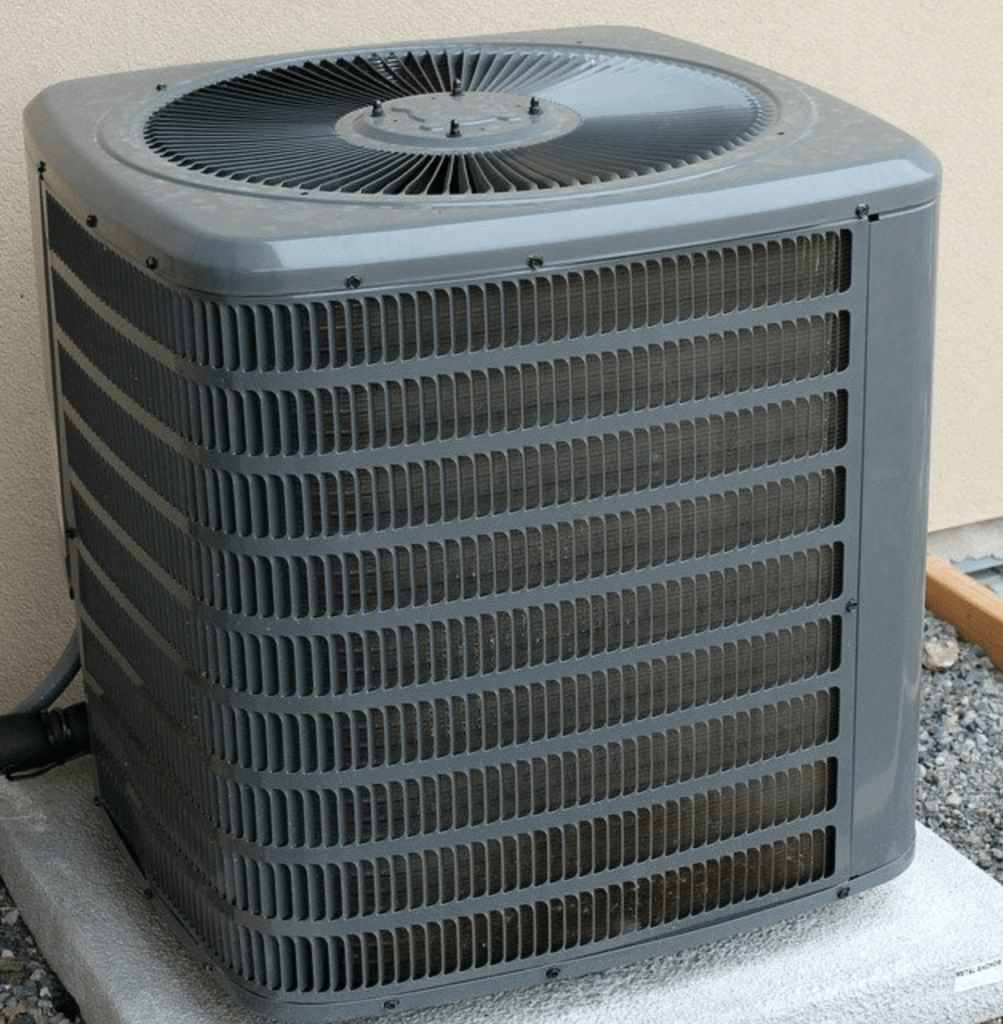
- Motor
- Blower
- Coils
- Condensate pumps
- Drain line
- Operating pressure
- Operating temperature
- Supply lines
- Return lines
- Refrigerant level
- Wires
- Air filters
- Bearing
- Compressor
- Connections
As you can see, unless you are an expert, it will be hard to notice a small defect that can become a significant problem.
I witnessed how difficult it was for professionals to diagnose the condensate pumps and secondary pane issues I had in my newly installed HVAC system.
Furnaces are even more complicated, and depending on the type of furnace you have (natural gas, oil, electric or propane), professionals may have to check the following:
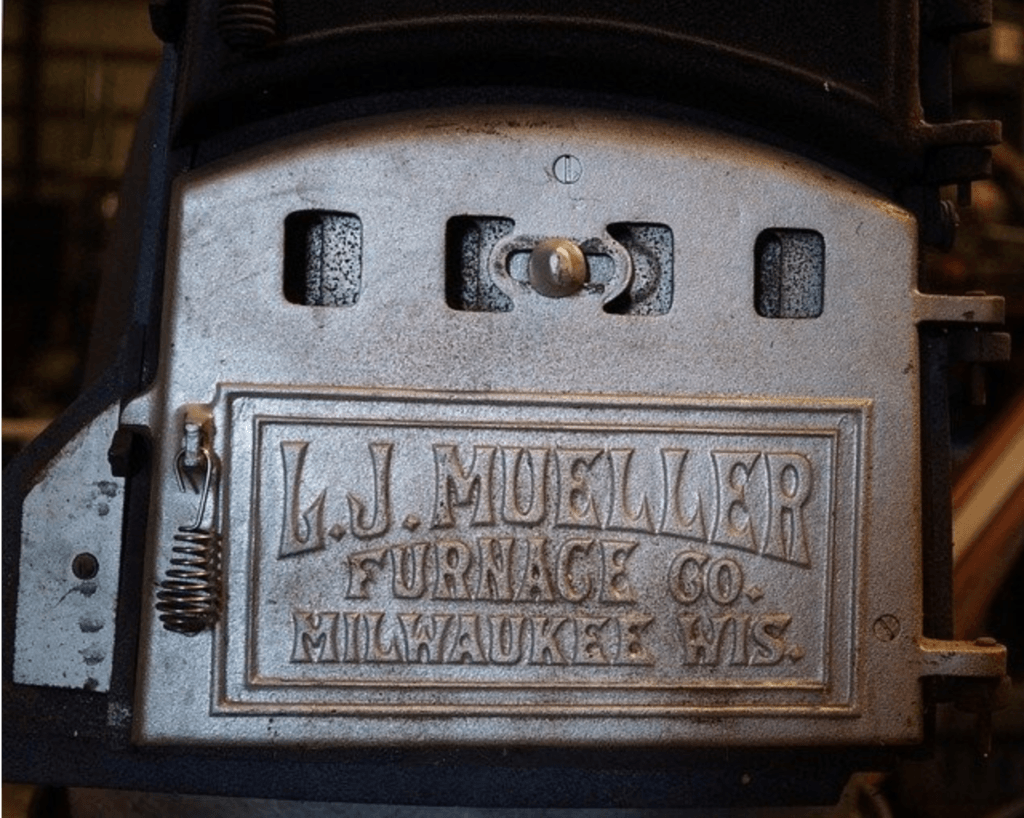
- Thermostat
- Carbon monoxide flow
- Ignition system
- Exhaust system
- Control circuit
- Air filters -You should be able to take care of this
- Vents
- Blower motor
- Burners
- Heat exchanger
- Pressure
- Electrical wiring
- Combustion vents
- Possible gas leaks
This process can take a few hours and after the inspection and cleaning are done, the professional will inform you about any defects and necessary repairs or part replacement.
Is the HVAC Inspection Included in the Home Inspection?
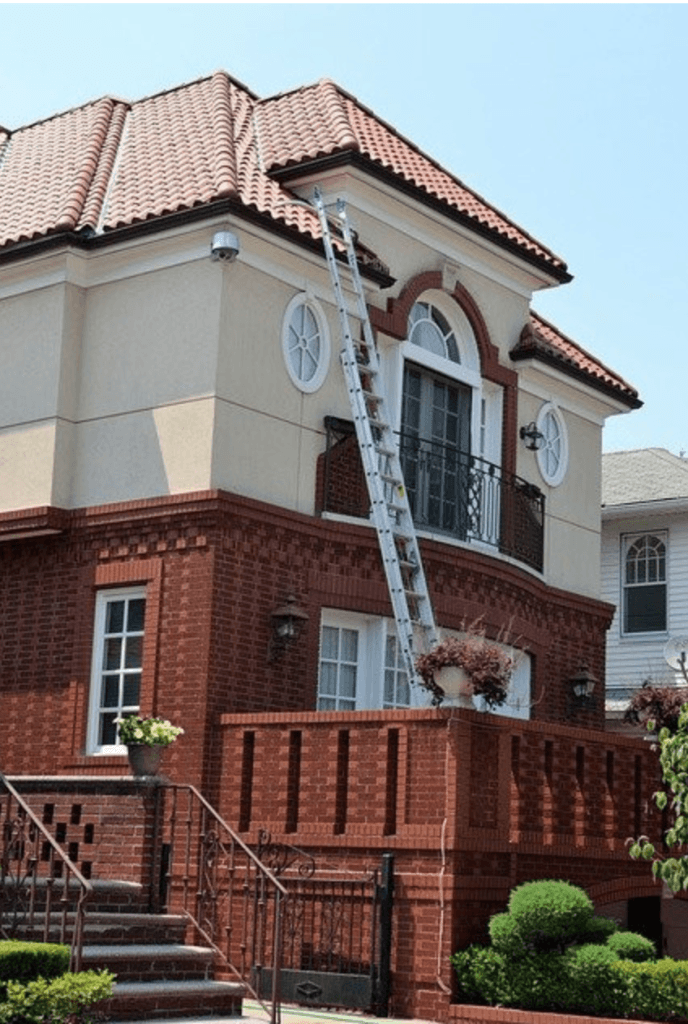
Many homeowners think that HVAC inspection is included in the home inspection when buying a house.
This is not entirely true.
Sometimes, it may be done correctly, but some home inspectors can simply turn on the AC and the furnace, see that both are working and say that everything is working perfectly. In that case, any underlying problem will remain hidden.
I learned the hard way when I got an inspection completed of my newly built house.
The inspector found only a couple of minor issues. About two weeks after the inspection, our AC stopped working; so, it was evident that the inspector did not thoroughly assess the HVAC system.
I wasted many hours with the HVAC company who originally installed the HVAC system and took several days to troubleshoot several issues with our HVAC system.
I think I should have got a refund on the inspection.
A licensed professional will cost you a few hundred dollars, depending on the location, HVAC system, and the company you hire.
Before you decide, look for reputable companies in your area, look for online reviews, and contact the company to get a quote.
I would not hire the company that installed my system to do an inspection. They were not competent in installing my system. I wouldn’t expect them to inspect it correctly.
Sometimes paying a little bit more for a capable professional is worth it.
What Are the Benefits of Regular Inspections?
Regular inspections are essential for several reasons, including the following.
Lifespan Extension
Sooner or later, parts of the HVAC system will have to be replaced. And it may cost a lot of money.
Regular inspection will detect and eliminate any problem in time, so your system can fulfill its purpose for a long time. It is way cheaper to replace one part of the system than the whole unit.
Some issues are hard to notice, and you may think that everything is in perfect condition, without even realizing that something is wrong.
Maintenance Cost Reduction

Small problems may exist for years before one faulty component causes the whole system to break down.
Regular inspections will ensure that every part of the HVAC system is in working order. By preventing critical failures, you save hundreds, maybe even thousands of dollars you would otherwise spend on costly repairs.
Home Safety
HVAC system ensures comfort and cozy living, but if not maintained adequately, it can turn into a disaster.
A dirty AC may cause diseases or even fires.

Clogged vents can cause gasses build-up and potential carbon monoxide poisoning. You may not be able to smell, taste, and see the color of this gas, especially when you are sleeping.
Inhaling large quantities of carbon monoxide can result in hospitalization and possibly death. All of this can easily be prevented with regular competent maintenance.
And, by the way, you should always keep these 12 Items out of the furnace room.
Electricity Bill Reduction
Faulty devices can use a lot of electricity.
For example, a faulty AC won’t be able to cool down the room; it will be working all the time, but it won’t cool your house, and your electricity bill will be the same as if it was working correctly. This is just one example.
Regular inspection and maintenance will ensure that the devices operate on at least 95% efficiency at all times. The inspection price is way lower than several months of high electrical bills.
According to Energy Star, “The average household spends more than $2,200 a year on energy bills, with nearly half of this going to heating and cooling costs.”
Regular HVAC inspection can lower your energy bills.
Air Quality Preservation
AC units can cause poor air quality.
Dust, mold, bacteria, and other hazardous substances can enter your home. No one wants to breathe unhealthy air. All of the ductwork systems have to be checked too.
Older adults, children, and those who suffer from allergies are sensitive to all of the small pollutants in the air.
Risking your health to save some dollars is not worth it.
Warranty Coverage
New HVAC systems have manufacturer’s warranties.
When your unit fails, and you request a repair it under warranty, your unit’s manufacturer will probably require proof of annual maintenance. Some even go as far as recommending inspections before every heating and cooling season, which means twice a year.
The bottom line is, the manufacturer will determine if a manufacturer defect caused the failure. If it was installed incorrectly or not adequately serviced, the warranty might be void.
Of course, you can challenge that legally, but it may take a lot of time and money even if you succeed.
I think it is more practical to do an annual inspection. That’s what I plan to do, and I am hoping that it will be sufficient to bring up a claim under warranty if I need it.
Environmental Impact
More and more people are aware of their green footprint. Efficient devices save energy and preserve the environment.
Even the small reduction in energy consumption can go a long way, especially in cities where the population is very dense. If everyone lowered their consumption by 5%, the energy-saving would be huge.
And to do that, you don’t have to use your HVAC system less; you just have to regularly service it.
Increased Property Value

If you are like me, you may not be thinking of selling your house; heck, I just bought it.
But you never know when you have to put your house in the market sooner than you think.
If you are selling your house, a potential buyer could ask for an HVAC inspection history. If you can’t prove that your HVAC system has gone through regular inspections, the owner may be hesitant to make an offer on your house because of expected future repairs.
This is especially important in buyers’ markets when even the health of your HVAC system may be the difference between a happy sale or staying in the market for a few more months.
Peace of Mind
I am one of those people who likes schedules and get things done automatically when possible. I want to understand my HVAC system as much as possible, but I don’t want to worry about it.
This is why I will add the annual HVAC inspection to my house calendar and get this task done in autopilot.
I know that regular maintenance will ensure that all the possible steps were made to keep my HVAC system healthy and long-lasting. My family and I are going to be safe and comfortable. If anything goes wrong despite the regular inspection, I will not blame myself for the failure.
As you can see, HVAC inspections are critical, and they will ensure long-lasting and safe heating and cooling within your home. Try not to skip a yearly check-up.
Related Posts:

